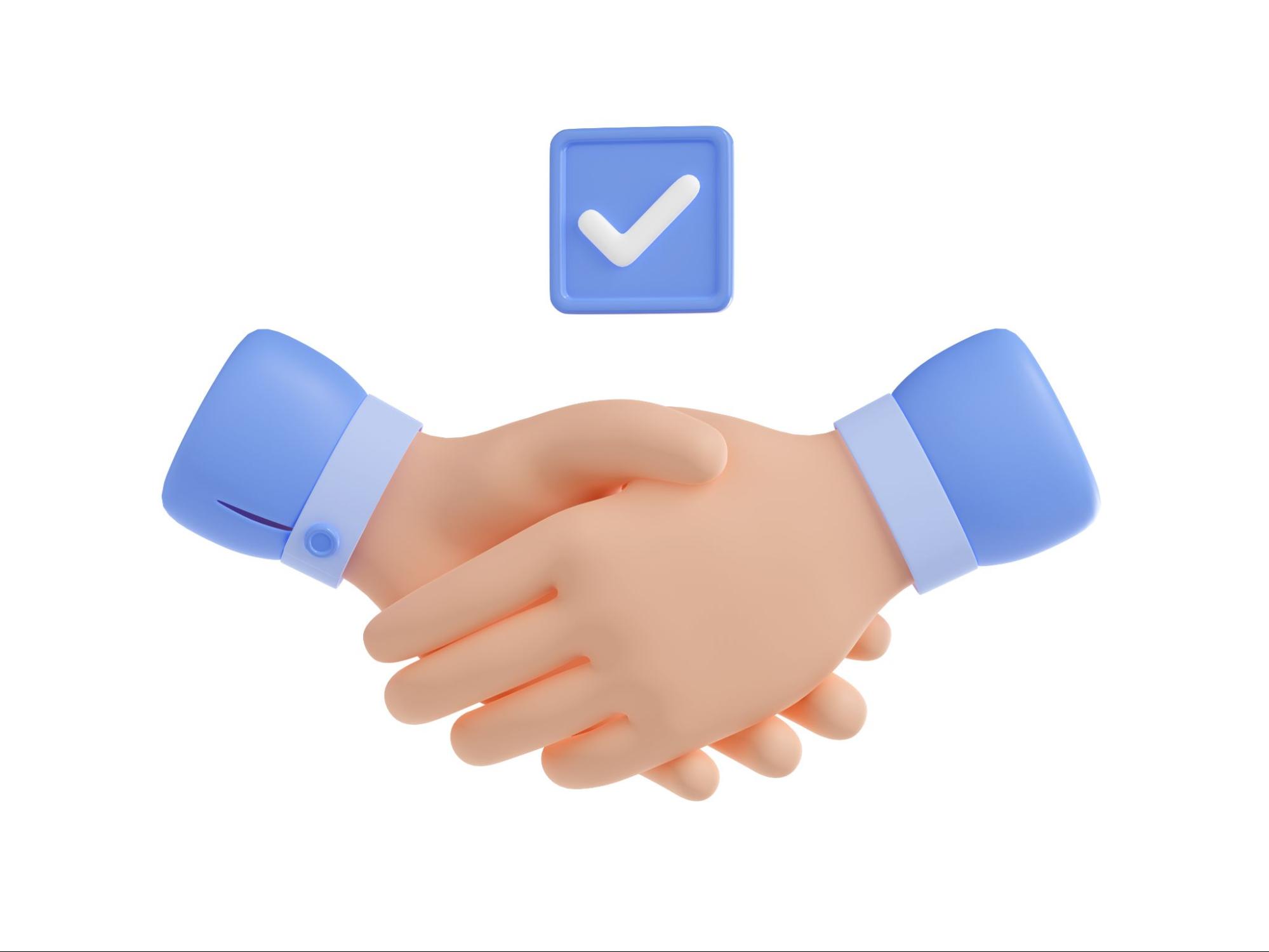The words "agreement" and "contract" are often used to mean the same thing in everyday speech and business. But in the legal world, these words mean very different things that affect how solid and enforceable the agreements they describe are. Understanding the difference between an agreement and a contract is important for both people and businesses, as it affects their legal responsibilities.
Any understanding or deal that two or more people come to together is usually called an agreement. Sometimes, deals are enough to make a contract, but they can still be enforced in court.
A contract, on the other hand, is a specific kind of deal that makes someone legally bound by meeting certain conditions, such as making an offer, accepting it, paying for something, and both parties wanting to be legally bound.
This guide will help you understand these important law terms better by giving you clear descriptions, examples, and information on when and how to use each one. If you read this whole article, you will not only understand contract vs agreement, but you will also know when each is proper and how to handle and carry them out successfully.
What is an Agreement?

An agreement is a deal or understanding that two or more people agree to follow. It indicates that they plan to do certain things or not do those things. Formal or casual agreements can be written down or not. Letters of intent and secrecy agreements are common examples of documents used to start business talks.
These are primarily based on trust between two people, and unlike contracts, the courts typically do not enforce them. Here is an example of agreement. If a worker doesn't show up when they said they would, there may be few legal options to make them follow through with the deal.
What is a Contract?

An agreement contract, on the other hand, is an understanding between two or more people that is legally binding and requires them to do certain things. This ability to bind is what makes a contract different from an understanding. For contracts to be valid, they need to have certain parts:
-
Offer and Acceptance: Terms that are clear and that everyone agrees on.
-
Consideration: This is something of value that is given or received in exchange for something else. It could be money, skills, or goods.
-
Intention to Create Legal Relationships: Both sides want their deal to be legally binding.
-
Capacity to deal: Everyone involved in a deal must be able to do so properly.
-
Legality: The deal must be for a legal reason.
All of these things must be present in order for a paper or agreement to be called a contract.
Contracts and Agreements in Action
You ask a friend to come over and stay with you. There is a deal here, but there is no payment or written rules. It's just a mutual understanding. Most of the time, you can't officially change your mind about this choice.
Things will be different, though, if this friend agrees to pay for the stay and signs a paper saying so. There's now a deal between you. If either side doesn't follow through on the things they agreed to, the other could go to court to make them happen.
Why Choose an Agreement Over a Contract?
If you don't need to follow the rules or money doesn't change hands, it might be better to make a deal instead. Also, they can be used as a step toward more official contracts by opening the door for talks.
Written and Signed Documents: Are They Always Contracts?
Not every piece of writing or signed paper is a contract. For them to be legally bound, they need to have all the important parts of a contract. On the other hand, if all the necessary conditions are met, informal deals might be considered contracts.
Some examples of contracts and agreements
-
Agreement Not to Disclose (NDA): NDAs can be enforced in court if they meet the requirements of a contract. The word "contract" is often used to refer to an NDA.
-
Employee Offer Letter: This letter is usually used as a contract because it includes important parts like an offer, acceptance, and payment (the salary).
-
Master Services Agreement: Although it's not called a contract, the Master Services Agreement is another example of a document that is one because it has clear terms and an exchange of goods and services.
Conclusion
If you know the difference between deals and contracts, you can better understand and use legal papers. While contracts give you the security of being enforceable by the law, agreements give you freedom. Pick the right kind based on your wants and the amount of seriousness that you want.
If you need more help making and handling legally binding contracts, look into Optimizory's contract management options. These tools make the process easier and make sure that your legal responsibilities are clear and easy to meet.



